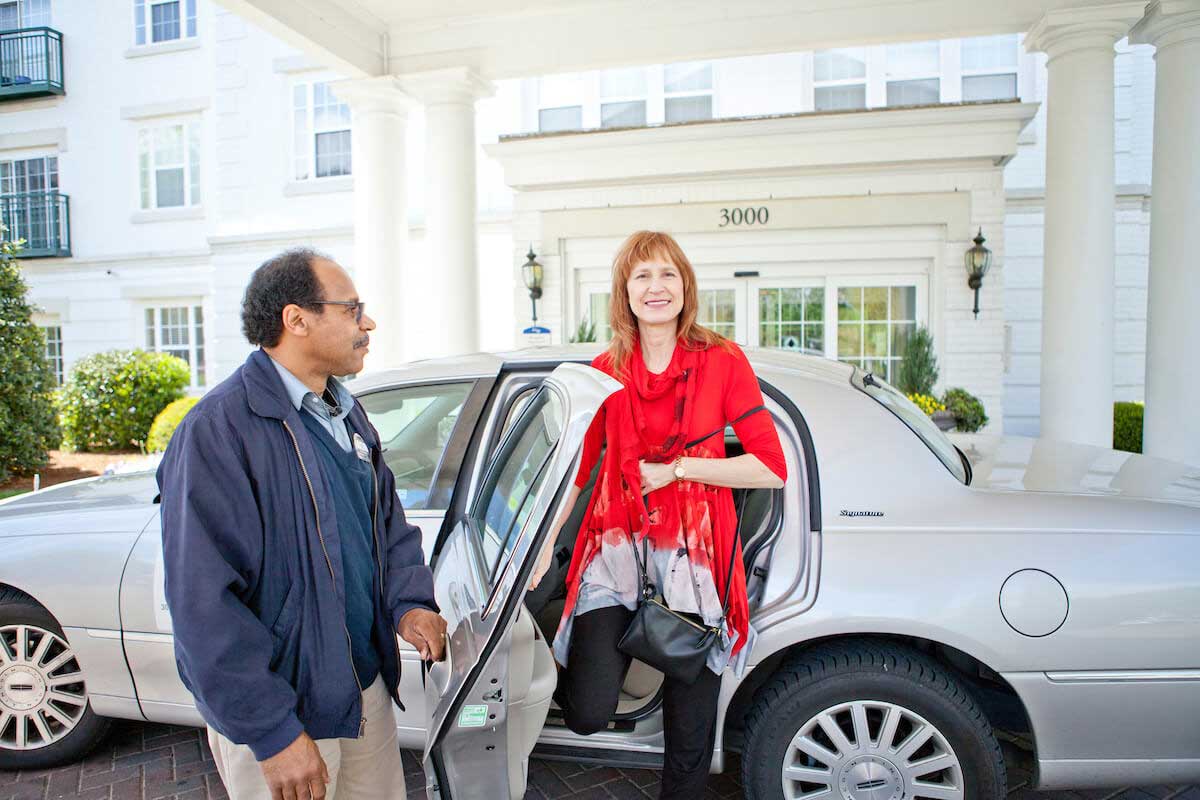When all’s said and done, all roads lead to the same end. So it’s not so much which road you take, as how you take it. Charles de Lint
If you have been at the steering wheel for most of your life, you would not be too pleased to have someone tell you that your driving may not be up to public safety standards. At some point, every elderly driver will have to face the realization that it may be time to hand over the keys. The good news is that you may have many years and miles of road ahead of you, if you are willing to examine your abilities and focus on improving your driving safety.
Mitigating Factors
The aging process does affect some abilities that can impact your capacity to operate a vehicle safely. Most people think that reaction time is the biggest issue, but in reality, decreased visual acuity and hearing can be a bigger problem. Less muscle strength, lack of flexibility, and limited range of motion are significant limitations as well. In addition, any chronic medical conditions or prescribed medications may also contribute to a loss of coordination or attention.
Be Proactive
Having any or all of these issues does not automatically mean you are not able to drive safely. While you cannot control how your body ages, you can take steps to ensure you are not a risk to public safety by:
- Having regular vision and hearing examinations
- Maintaining healthy sleep and nutrition habits
- Discussing the side effects of medications with your physician
- Participating in physical activity to improve strength and flexibility
- Installing assistive devices on your vehicle for easier operation
- Limiting distractions while driving
- Taking a refresher course for elderly drivers
- Recognizing stressful situations such as rush hour or nighttime driving
The Right Time
Few people are willing to admit that they know they should limit or stop driving. If elderly drivers are causing a few too many accidents or getting more tickets while on the road, they would be wise to relinquish their driving privileges. Becoming a passenger offers its own set of benefits beyond the lack of responsibility of driving safety. You can be more social and relaxed without the stress of driving, and you can also expect to save money with no more car upkeep, gas, insurance, and other expenses. Finding transportation can be as simple as asking for a ride from friends or family, using public transportation, looking into rideshare options, including Uber, Lyft, or community based carpool programs.
A Touchy Subject
Galloway Ridge wants to preserve the independence and health of all of our residents, even when you are out on the road. We recently finished participation in Phase 1 of the UNC Highway Safety Research Center study that focused on physical fitness and driving. Phase 2 of this research study, funded by NHTSA, is almost ready to begin, and 90 additional volunteers are needed to join.
The researchers are looking for individuals over the age of 70 who currently drive and do not participate in regular physical activity. Selected volunteers may need to complete a questionnaire about their level of fitness, use a daily fitness monitor device, consent to the installation of a device in the vehicle to track driving, and submit to a road evaluation with a certified driving instructor. All members of the study will receive a $100 VISA gift card and other potential fitness and driving-related perks.
If you are interested, please plan on attending one of two information sessions, to be held on Wednesday, August 10, and tentatively August 31, at 10am in the Auditorium. We invite you to contact Kristel with UNC Highway Safety Research Center at (919)962-6404 if you would like more information.







